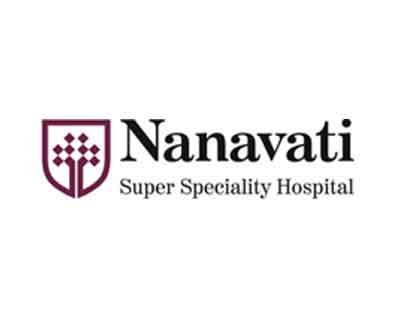- Home
- Editorial
- News
- Practice Guidelines
- Anesthesiology Guidelines
- Cancer Guidelines
- Cardiac Sciences Guidelines
- Critical Care Guidelines
- Dentistry Guidelines
- Dermatology Guidelines
- Diabetes and Endo Guidelines
- Diagnostics Guidelines
- ENT Guidelines
- Featured Practice Guidelines
- Gastroenterology Guidelines
- Geriatrics Guidelines
- Medicine Guidelines
- Nephrology Guidelines
- Neurosciences Guidelines
- Obs and Gynae Guidelines
- Ophthalmology Guidelines
- Orthopaedics Guidelines
- Paediatrics Guidelines
- Psychiatry Guidelines
- Pulmonology Guidelines
- Radiology Guidelines
- Surgery Guidelines
- Urology Guidelines
Man resumes normal life routine following cure from Dystonia

What could be the hope for a person diagnosed with Dystonia, a neurological movement disorder?The patient would face a life of immobility, social stigma and disturbed family life. However, these possibilities have been debunked by Dr Mohinish Bhatjiwale, Director Neurosurgery, Nanavati Super Speciality Hospital (NSSH) and Manav Kalyan Kendra, who successfully treated a 35 year old patient who was suffering from a severe form of Dystonia. The patient was not only cured of his condition within a short span of two weeks but has also resumed his normal family and social life and hopes to get back to his profession soon.
“The patient was living a normal life. Just a day before his daughter’s birthday, he was beset with a rapid onset of Dystonia with involuntary repetitive twisting and sustained muscle contraction. He was subjected to varied medical treatments, given botulinum injections to control muscle spasms and had exhausted the list of pharma agents to treat his rapidly deteriorating condition. When he was brought to us, we suggested deep-brain stimulation for him, otherwise known as brain pacemaker which is a specialized form of neurosurgery and has proved effective in controlling Obsessive Compulsive Disorder (OCD) and medically uncontrolled depression. Deep-brain stimulation has also proven effective in treating increasing number of Parkinson’s disease patients in recent years. We operated on him using the best 3-Tesla MRI, numericalstate of the art frame and advanced intraoperative neuromonitoring devices. From day 1, he responded positively to the treatment and the speedy extent of his progression to normalcy can be gauged from the fact that he has gained muscle movement control and can engage in sports like cricket,” stated Dr Bhatjiwale.
Lamenting on the unavailability of Dystonia-treating equipment in the country, Dr Bhatjiwale said, “Thelocal manufacturing of medical equipment for treating complex neurological and other medical disorders should be given topmost priority in the Make in India initiative of PM Narendra Modi. Indigenous manufacturing of equipment and apparatus needed for treating neurological ailments like Dystonia can scale down treatment cost tremendously and benefit lakhs of patients in the country.”
Dystonia is a neurological movement disorder characterized by twisting and repetitive movements or abnormal postures caused by sustained muscle contractions. Voluntary movements are the primary triggers for dystonia and its symptoms may manifest in other muscles. Dystonia is caused by hereditary factors or other reasons which are often birth-related, poisoning or reaction to pharmaceutical drugs. The treatment regimen for dystonia need to be customized to patient specifications and may include oral medications, botulinum neurotoxin injections and surgical procedures like deep brain stimulation. Physical therapy can be used as an adjunct.

Disclaimer: This site is primarily intended for healthcare professionals. Any content/information on this website does not replace the advice of medical and/or health professionals and should not be construed as medical/diagnostic advice/endorsement or prescription. Use of this site is subject to our terms of use, privacy policy, advertisement policy. © 2020 Minerva Medical Treatment Pvt Ltd